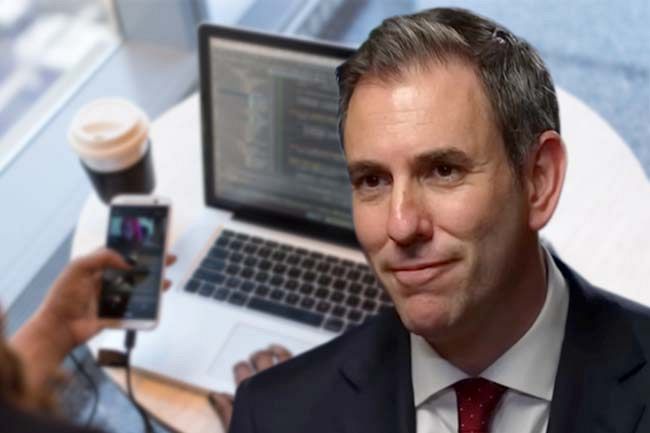Despite a few disappointments, the 2022 Budget didn't forsake progressive technological developments. Paul Budde reports.
THERE WAS NOT a lot of good news in this “extra” October Budget. And while I will concentrate on the I.T. side, I can’t help wondering why the Government was not brave enough to start looking at true reforms. A tax reform – along the lines that then Secretary of the Treasury Ken Henry suggested in the year 2010 – is so overdue that it is just not funny.
We are the only Western economy whose tax system is totally focused on personal tax; we need to change this by broadening the system. Furthermore, I would have thought that the energy crisis would also result in a far braver policy, for example, by securing the resources that we as a country have to the benefit of all of us. Norway is a great example to see on how this can be done.
However, it looks like both these major issues have been kicked further along — a real shame. It is alleged that Winston Churchill said: “Never let a good crisis go to waste.” Will this be another great opportunity for serious reforms lost to our country? If we have to have an extra budget like this one, it should have been used to come up with some radical new ideas, not just more of the same.
Okay, after my whinge, onto the I.T. developments.
Some of the technology-based investment items that are now confirmed in the Budget were already known to us. These projects are detailed in other articles I wrote earlier this year.
The $2.4 billion to NBN Co to extend the overbuild of its fibre-to-the-node (FTTN) network was already announced earlier in the year.
This will provide fibre access to 1.5 million more premises, including over 660,000 homes in regional Australia. The Government is also promising a year of free broadband for up to 30,000 unconnected families to help students access learning materials from home, costing $4.7 million over three years.
In March, I reported on the decision made for a further $480 million in the wireless fixed and satellite networks. The total cost of this network upgrade is $750 million, with the remaining $270 million being contributed by NBN Co out of its own funds.
The Government has added an extra $400 million over five years to ‘expand regional mobile coverage and improve the resilience of communications systems’; $200 million over five years for two more rounds of the Regional Connectivity Program, aimed at improving connectivity in regional, rural and First Nations communities as well as $30 million over three years to accelerate Australia’s agricultural sector through the On Farm Connectivity Program, to extend connectivity for farmers and their machinery and grow Australia’s agribusiness.
Furthermore, millions more dollars were embedded in some of the other big-ticket items such as the modernising of aged care, education and veterans’ affairs. Not surprisingly, cyber security also features highly in these additional budget allocations. It is a good thing that new technologies are becoming more and more mainstream investments throughout the economy and society.
There are a few other projects that are worth mentioning. There is a move that synchronises with the broader push for a First Nations Voice to Parliament — the Government’s new First Nations Communications and Digital Inclusion measure will invest $2.5 million over five years to establish a First Nations digital advisory group, providing ‘collaborative advice in genuine partnership with First Nations representatives to the Minister for Communications’.
The Powering Australia plan will see more than $800 million invested in cutting taxes on electric cars, building a national electric vehicle charging network and hydrogen refuelling stations on our highways, and providing solar battery storage for up to 100,000 homes.
So, all in all, great to see a progressive focus on using technology to assist in the many developments and challenges that we as a society and as an economy are facing.
Paul Budde is an Independent Australia columnist and managing director of Paul Budde Consulting, an independent telecommunications research and consultancy organisation. You can follow Paul on Twitter @PaulBudde.
 This work is licensed under a Creative Commons Attribution-NonCommercial-NoDerivs 3.0 Australia License
This work is licensed under a Creative Commons Attribution-NonCommercial-NoDerivs 3.0 Australia License
Support independent journalism Subscribe to IA.














